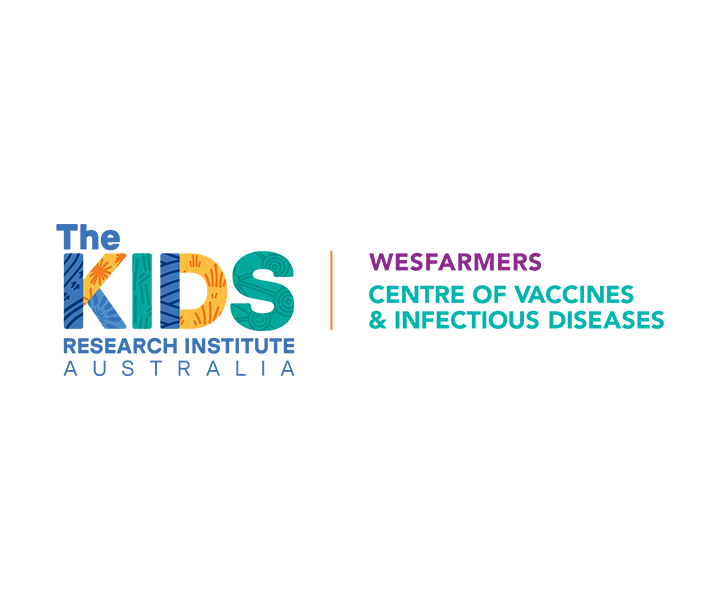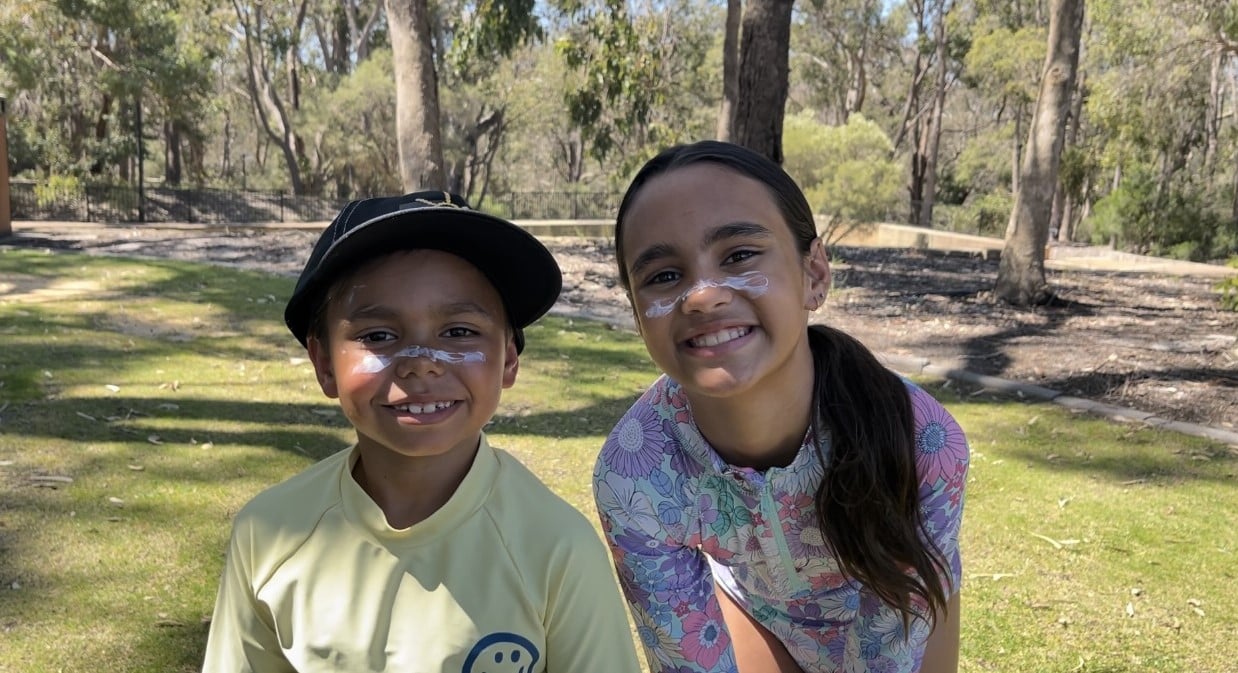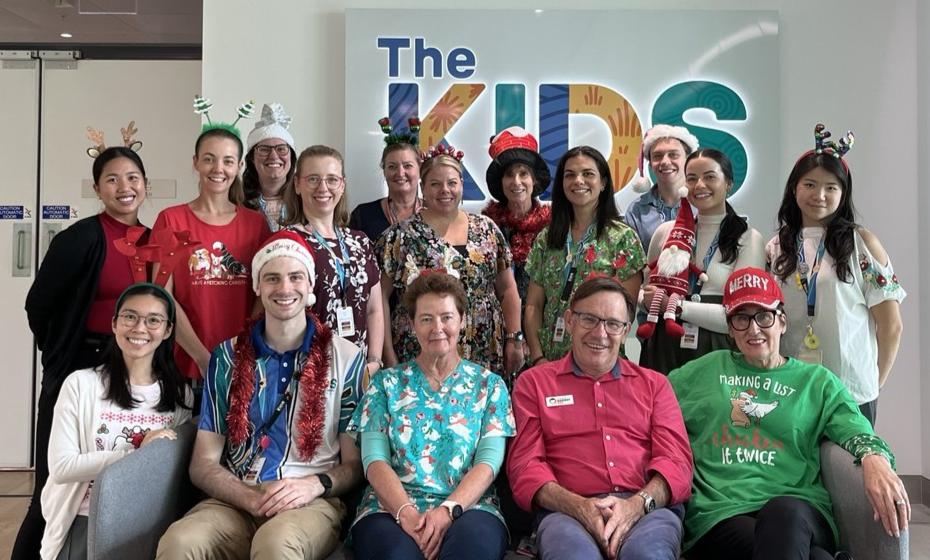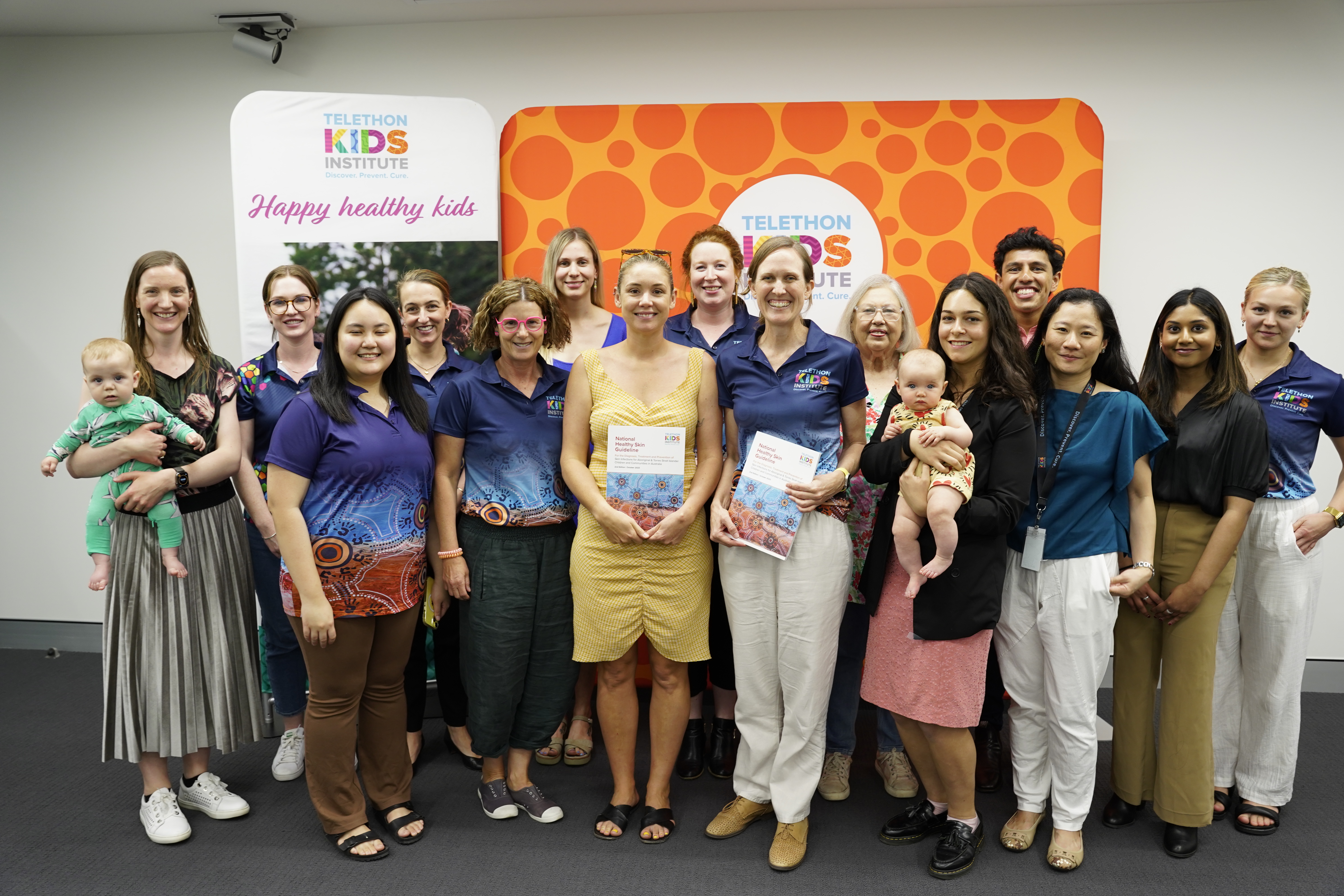Search
Research
Consensus guidelines for the diagnosis and management of invasive aspergillosis, 2021Invasive aspergillosis (IA) in haematology/oncology patients presents as primary infection or breakthrough infection, which can become refractory to antifungal treatment and has a high associated mortality. Other emerging patient risk groups include patients in the intensive care setting with severe respiratory viral infections, including COVID-19.

The Wesfarmers Centre of Vaccines & Infectious Diseases brings together a number of independent researchers and research teams with a common aim; to find and deliver new and improved solutions to prevent and treat serious infections experienced by children or adolescents.
Help us discover a way to expand protection for the next generation.

The Healthy Skin team, in collaboration with Elder Researchers and Aboriginal Community Members, is working to strengthen sun safety knowledge, practices, and skin cancer risk awareness among Aboriginal children and young people in Western Australia.
ATOMIC Ears Study The ATOMIC Ears Study aims to evaluate a new treatment designed to prevent ongoing ear infections in kids having grommet surgery.

The year that was 2025!

News & Events
New healthy skin guide for health sector to identify and treat skin issuesA new National Healthy Skin Guideline has been launched by The Kids Research Institute Australia, to help health care providers identify, diagnose and treat a range of skin conditions experienced by Aboriginal and Torres Strait Islander people in urban and remote areas.
Research
Patient-reported perceptions, experiences and preferences around intravenous and oral antibiotics for the treatment of Staphylococcus aureus bacteremia: a descriptive qualitative studyThere is growing evidence to support partial oral antibiotic treatment of severe infections such as Staphylococcus aureus bacteremia, but clinical practice is slow to adopt this paradigm. We know little about how patients with severe infection experience and perceive intravenous and oral antibiotics in terms of quality of life and clinical effectiveness. We performed a qualitative study to elicit patients' views on treatment with intravenous and oral antibiotics, aiming to provide insights that could inform collaborative treatment decision-making.
Research
Convalescent plasma in hospitalised patients with COVID-19Convalscent plasma (CP) was identified as a potential therapy for COVID-19 available early in the pandemic.
Research
Ontogeny of plasma cytokine and chemokine concentrations across the first four months of human life in a Papua new Guinean cohortDynamic molecular changes in early life follow a robust ontogeny as the infant immune system adapts to the demands of its new environment. Studies of plasma immunomodulatory cytokines and chemokines have previously demonstrated ontogenetic patterns of immune development across the first week of life. However, how plasma cytokine and chemokines concentrations evolve over the first 4 months of life remains unknown.
